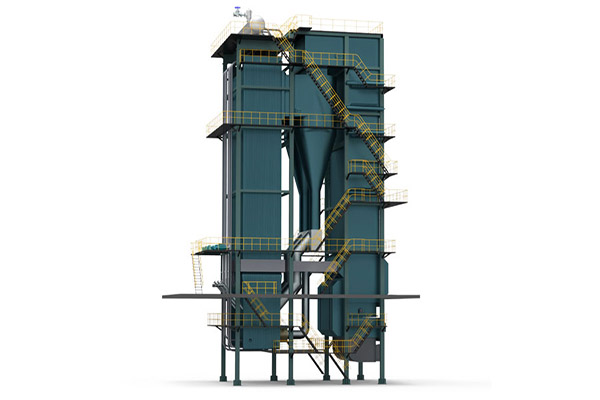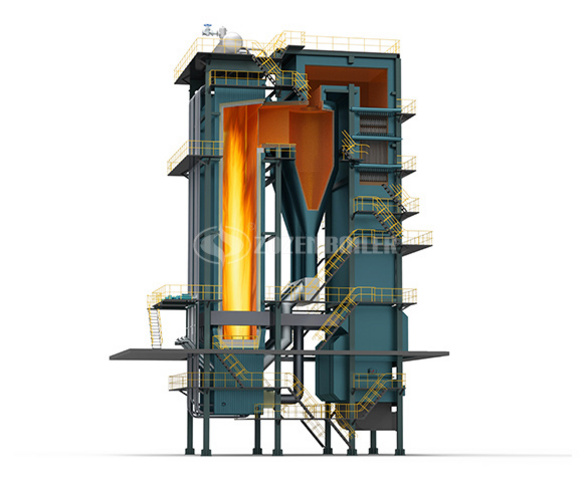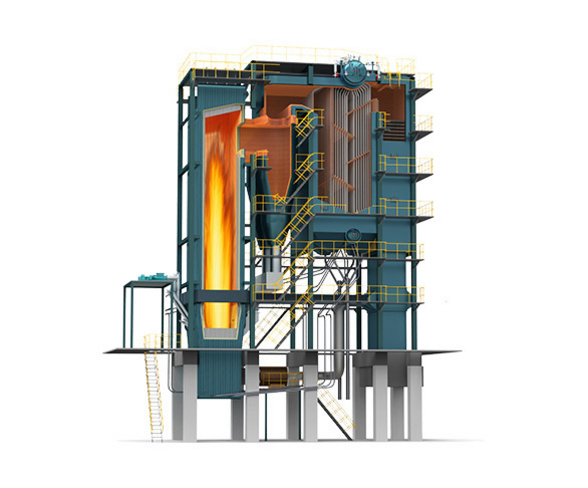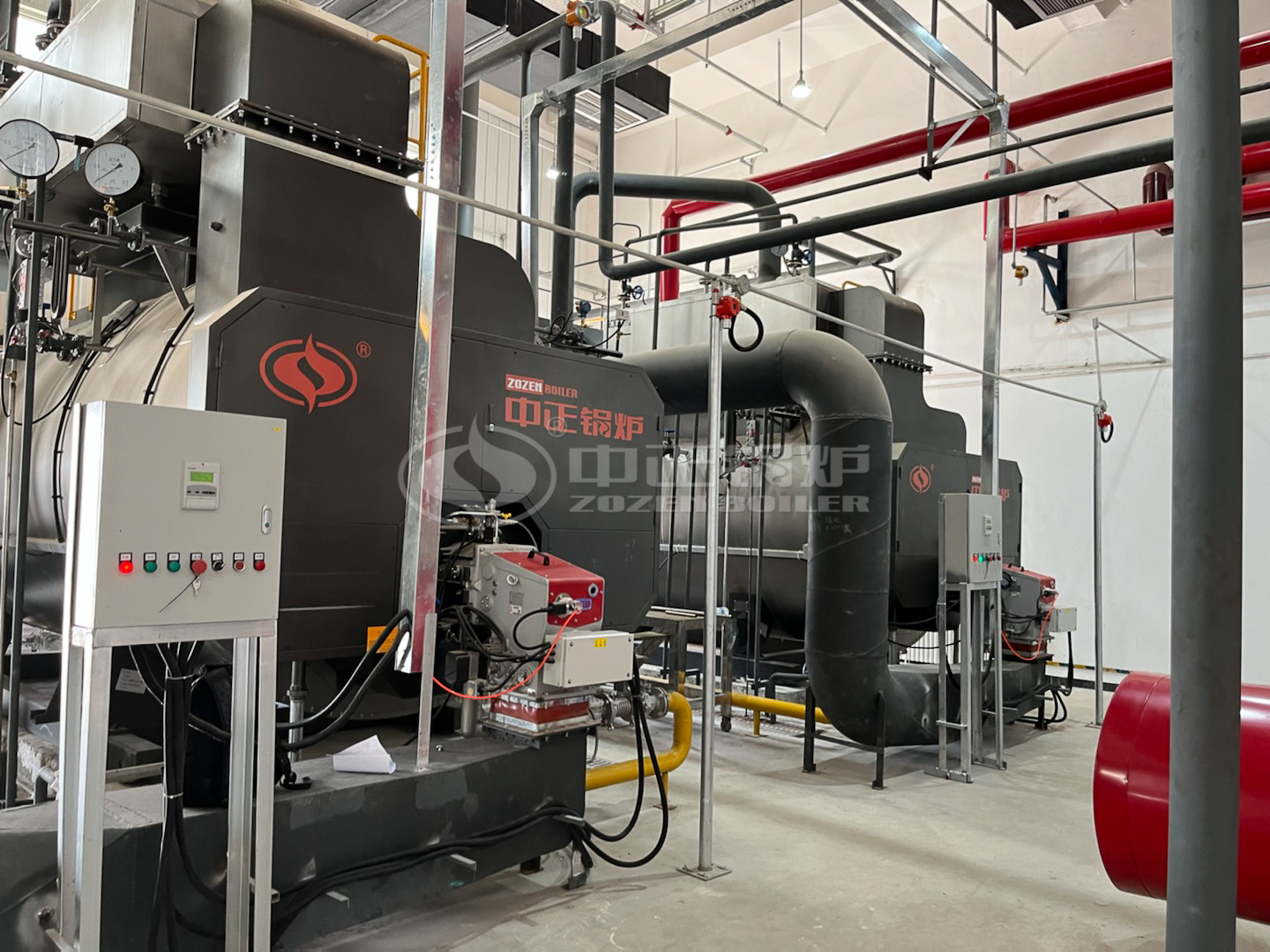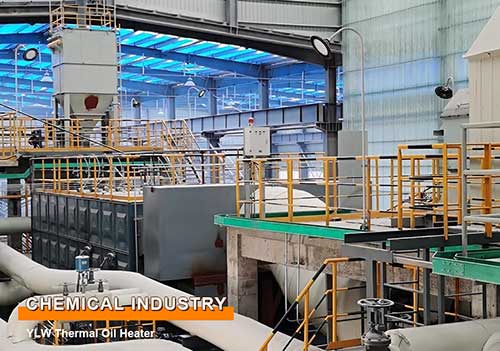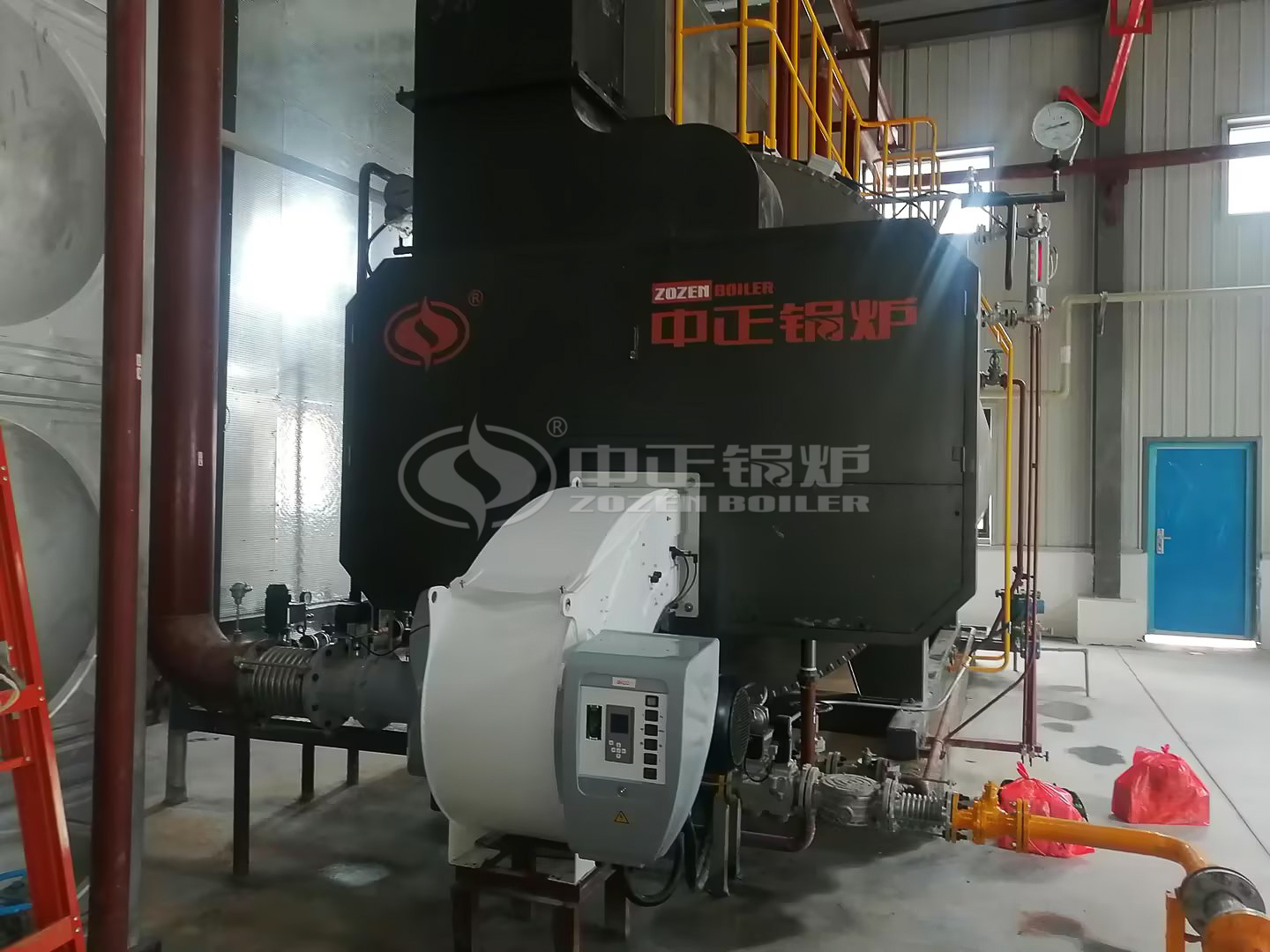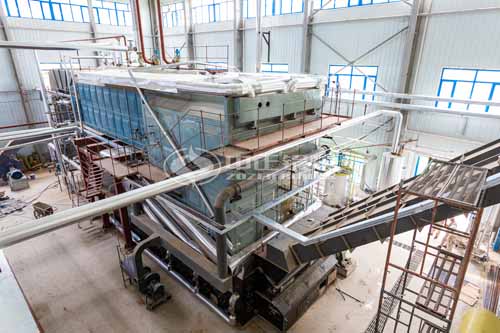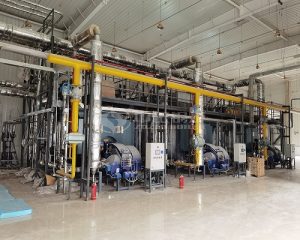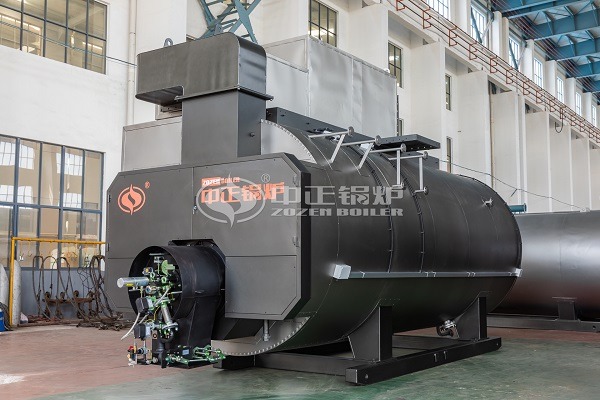Coal-fired boilers are fuel burning coal, coal heat is converted to produce steam or into hot water, but not all the heat is effectively converted, there is part of the reactive consumption, so there is a problem of efficiency, generally larger boilers are more efficient, between 60% ~ 80%.
Few parameters critical to health of the Boiler are:
- Heat rate of the Boiler. This is a composite index of many performance indicators. Most of them will appear below.
- Unburnt fuel in flue gas and at boiler bottom .
- Flue gas furnace exit temperature.
- Boiler tube metal temperatures.
- Oxygen in flue gas.
- Imbalances in flue gas temperature over a cross section.
- Spray water consumption in Super heater and Reheater.
- Heat radiation from insulation.
The above all affects the performance of the boiler.
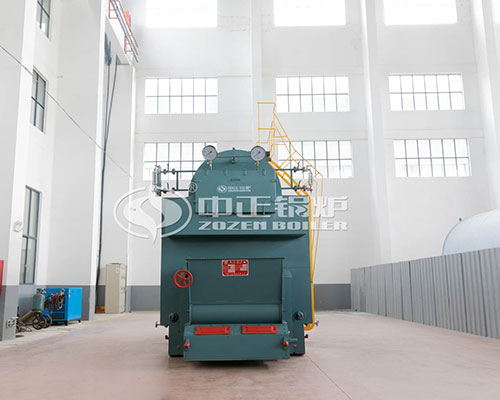
Coal-fired boiler parameters are the main indicators of boiler performance, including boiler capacity, steam pressure, steam temperature, feedwater temperature, etc.. Boiler capacity can be rated evaporation or large continuous evaporation to express. The rated evaporation capacity is the amount of steam produced continuously per unit of time under the specified outlet pressure, temperature and efficiency. The maximum continuous evaporation volume is the maximum amount of steam that can be produced continuously per unit of time under the specified outlet pressure and temperature.
